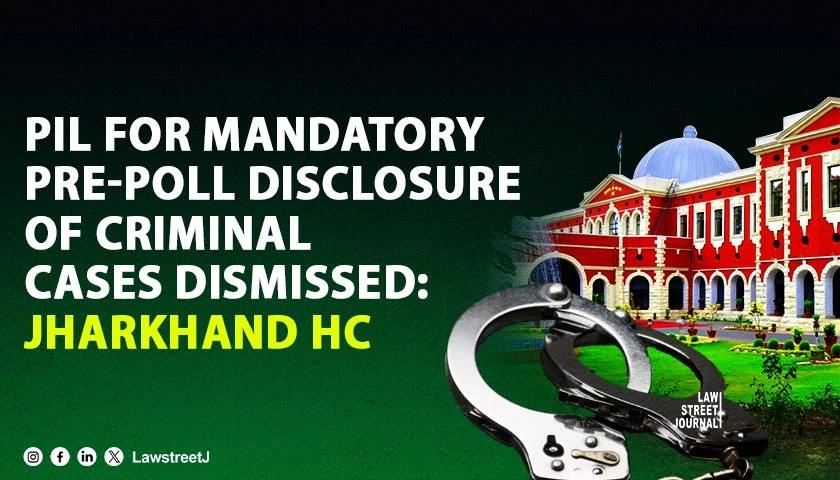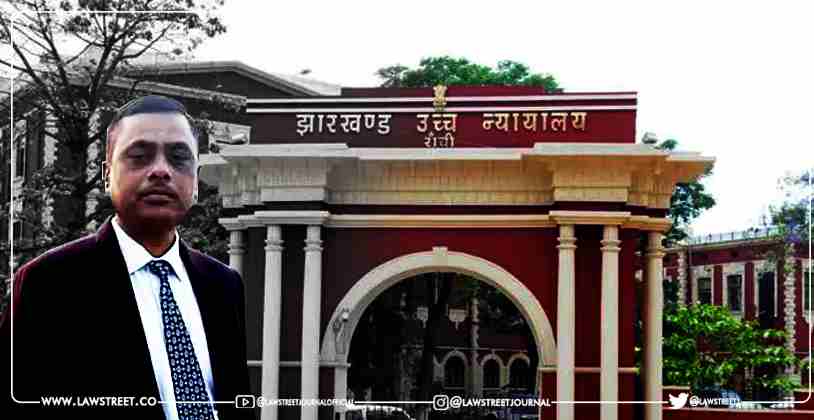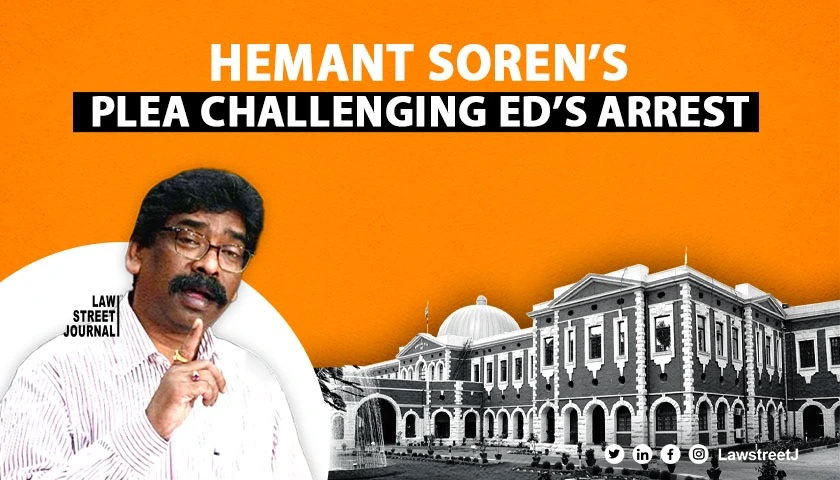Jharkhand: The Jharkhand High Court has dismissed a Public Interest Litigation (PIL) filed in Binod Kumar Das v. State of Jharkhand & Ors., wherein the petitioner sought directions requiring the State authorities and the election administration to publish details of all pending criminal cases against persons contesting elections. The Court held that the plea was not maintainable, as there exists no statutory mandate compelling the authorities to publish such information in the manner sought, and the relief requested falls within the domain of legislative and policy formulation rather than judicial directions.
The petitioner had approached the Court seeking compulsory dissemination of information regarding pending criminal cases against prospective candidates, asserting that the absence of such disclosures prevents voters from making informed decisions and affects the transparency of the electoral process. It was submitted that since criminal antecedents form a significant factor in electoral evaluation, the State and election authorities must be directed to create a centralised mechanism or publicly accessible repository detailing such pending matters prior to elections.
After hearing the submissions, the High Court observed that although transparency in electoral processes is constitutionally desirable, no provision under the Representation of the People Act, 1951, the Conduct of Election Rules, or accompanying statutory frameworks imposes such an obligation on the authorities at the pre-nomination or pre-poll stage. The Court held that in the absence of a statutory requirement, it could not direct the creation of new electoral obligations by judicial order.
The Bench referred to the principles laid down in Union of India v. Association for Democratic Reforms (2002) 5 SCC 294, in which the Supreme Court recognised the importance of disclosure of criminal antecedents but also clarified that such disclosure is governed by the affidavit mechanism prescribed under the Election Rules. The High Court noted that the existing legal regime already requires candidates to furnish affidavits detailing pending criminal cases at the time of nomination, and the petitioner did not demonstrate any insufficiency or non-compliance with that system.
The Court also relied on Kanwar Singh v. Rajasthan State Election Commission (2006) 12 SCC 254, where the Supreme Court held that the mere pendency of criminal proceedings, absent conviction, does not serve as a ground for disqualification, reinforcing that electoral disqualifications must arise strictly from statutory provisions and not judicial expansion.
The Bench observed that the relief sought—creation of a compulsory public registry for pending criminal cases of prospective candidates—would amount to judicial legislation and falls beyond the purview of a PIL. It held that such a mechanism requires comprehensive policy deliberation and statutory sanction, matters squarely within the jurisdiction of the legislature and the Election Commission of India.
Finding the petition premature and unsupported by any statutory basis, the Court dismissed the PIL. It further directed the respondents to file their counter-affidavits by the date fixed for admission but found no cause to entertain the substantive prayers sought by the petitioner.
Case Title: Binod Kumar Das v. State of Jharkhand & Ors.
Court: High Court of Judicature at Ranchi, Jharkhand
Bench: Hon’ble Mr. Justice Ananda Sen
Date of Order: November 11, 2025




![Supreme Court Collegium approves new Chief Justices for five key High Courts in India [Read Recommendations]](/secure/uploads/2023/12/lj_8000_380d1135-6f3a-4988-a00a-4d5cd5901815.jpg)
!['Arbitrary, impermissible,' SC quashes HC's resolution raising aggregate cut off marks on district judges appointment [Read Judgment]](/secure/uploads/2024/02/lj_3605_Rule-for-Judge-Selection.webp)





